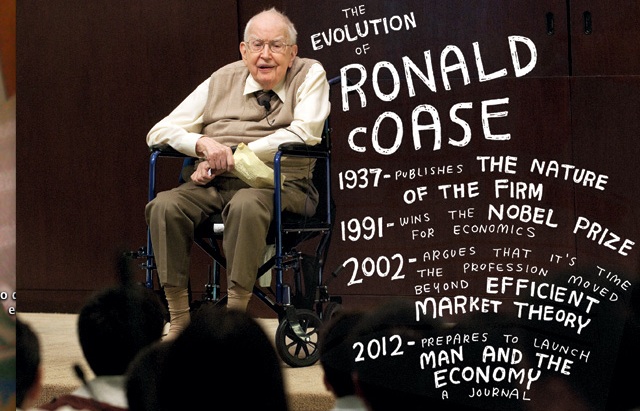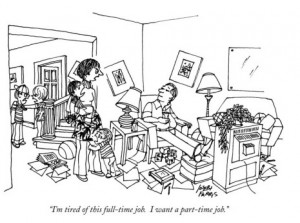The Department of Justice (DOJ) and the SEC focused their “investigations” solely on Lehman’s quarter-end “Repo 105” transactions that were entered into for the sole purpose of deceiving investors and the SEC about Lehman’s liquidity, earnings, and leverage crises – crises that would soon cause it to collapse.
A “repurchase obligation” (REPO) is a short-term borrowing that is nominally structured as a “sale” with a “repurchase obligation.” Lehman improperly treated these short-term borrowings as if they were a true sale with no repurchase obligation, which caused Lehman to report lower debt levels.
It is not normal for a U.S. investment bank to go to a UK firm to obtain a legal opinion on U.S. law. Nevertheless, the cynical act by Lehman’s leaders of legal dumpster diving to obtain a legal opinion blessing an obvious fraud was not treated by the Department of Justice (DOJ) as it should have been as an aggravating factor, but rather as a “get out of jail free card.”
“They discovered that Repo 105 had nothing to do with Lehman’s failure and was technically allowed under an obscure accounting rule. Noting that London lawyers had approved Repo 105, prosecutors in Manhattan also worried they could not prove that executives intended to mislead investors.”
Enforcement attorney George Cannelos arrogated the client’s right to define its interpretation of its rules. It was a perfectly reasonable and normal “suggest[ion]” by Cannelos’ boss that Cannelos’ team prepare a draft of potential charges against Lehman’s officers. When your boss makes a “suggest[ion]” of this nature you prepare the document. There is no “ethical” issue in providing your superior with the strongest notice of charges you believe is supported by the evidence.
Cannelos’ real problem was that had he drafted such a notice of charges it would have been obvious that the evidence did support a finding of materiality under the agency’s interpretation of materiality. The limited nature of his draft would also reveal how little about Lehman’s far larger frauds Cannelos’ team had actually investigated. The SEC and Lehman Brothers










